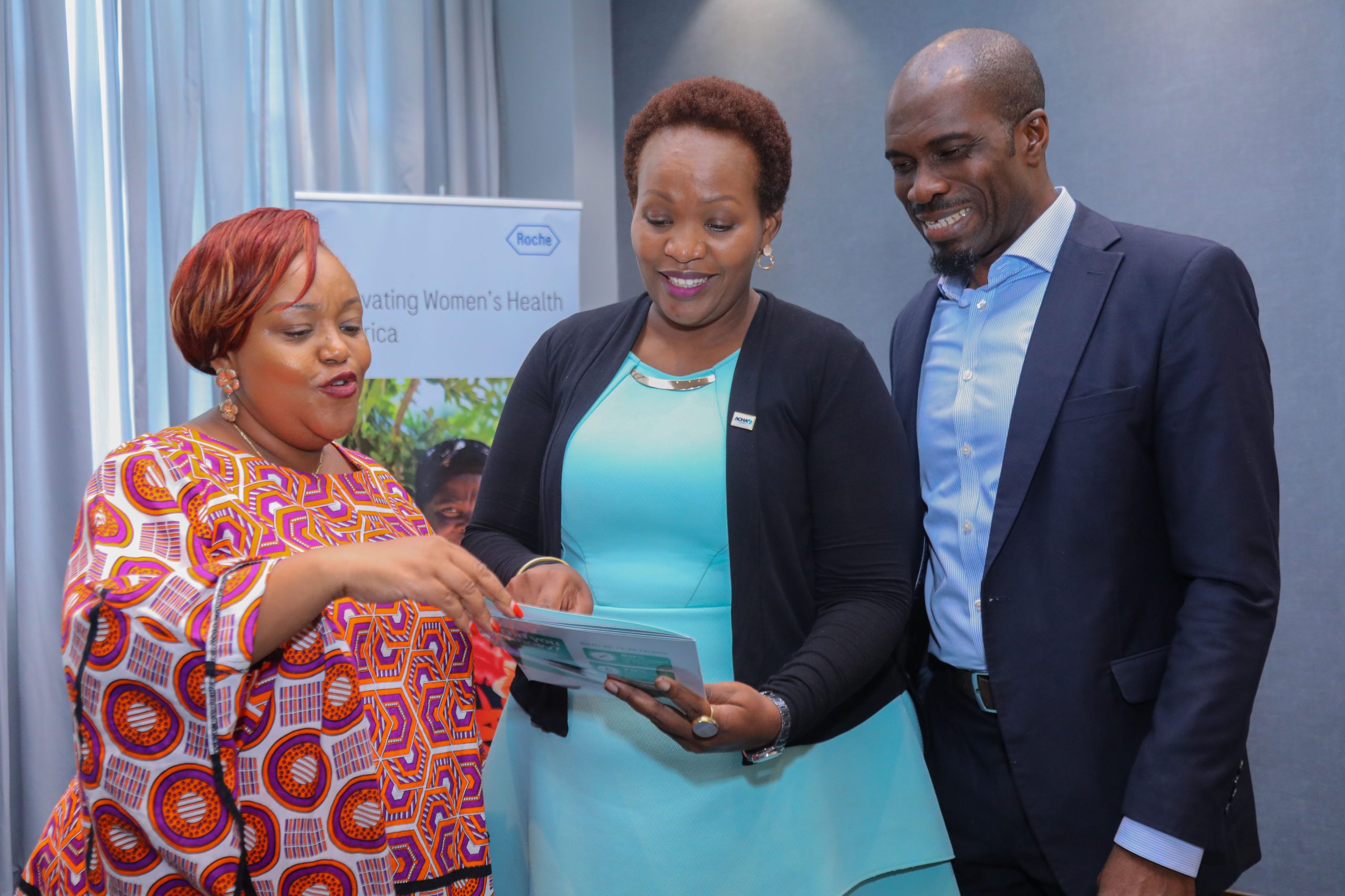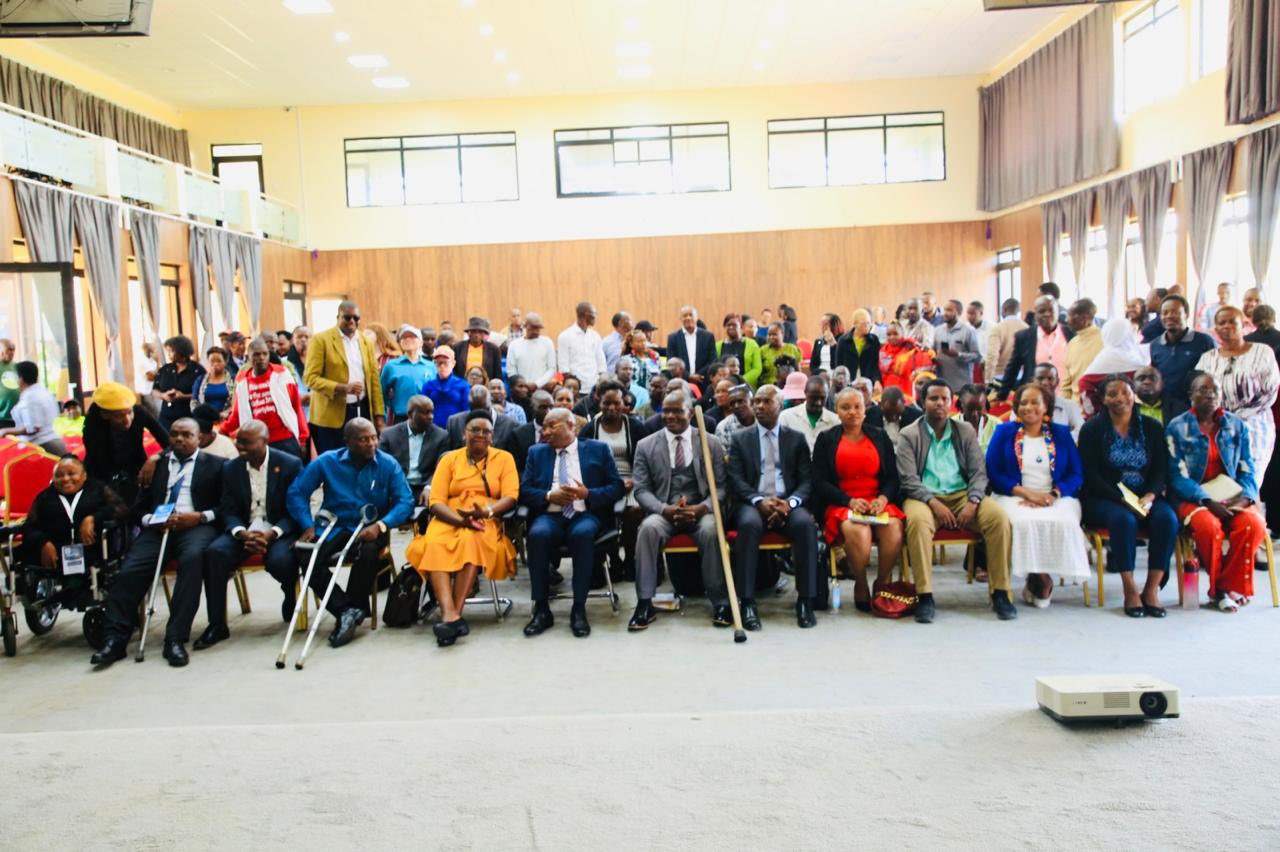By Eddah Waithaka
The Global Network of People Living with HIV (GNP+) brought together more than 30 HIV network leaders from around the world to strengthen local advocacy and secure global access to treatment and quality care for all people living with and affected by HIV.
The PLHIV Leadership Summit 2025 aimed to build consensus on key priorities to guide national governments and global stakeholders in the HIV response.
The meeting comes at a critical time as countries develop sustainability roadmaps, refine the Global AIDS Strategy, and prepare for the 2026 UN High-Level Meeting on HIV and AIDS.
HIV Networks Stand Together as Funding Crisis Deepens PLHIV leaders united in solidarity to rebuild the HIV movement amid shifting global priorities that have slashed funding just as progress stagnates.
In 2023, 9 million people living with HIV lacked access to life-saving treatment, and 630,000 died from AIDS-related illnesses clear signs that the global response is off track.
The cancellation of PEPFAR and USAID contracts has triggered $2.88 billion in HIV funding cuts, with monthly reductions reaching $567 million, set to drop to $28 million by early 2025.
These cuts have dismantled community health systems, worsened staff shortages, and forced clinics to halt services, reversing decades of progress.
Netherlands Shows Success-But Warns of Global Challenges
“Listening to the needs of people living with HIV helped us adapt our services, saving lives and money,” said Jolijn van Haaren of the Dutch Ministry of Foreign Affairs.
“In 2023, the Netherlands recorded only 424 new infections and 25 AIDS-related deaths. But we are now at a turning point—the global health landscape is in chaos. Sustainability roadmaps must integrate HIV into primary healthcare to survive this crisis.”
PLHIV Leaders Push for Sustainable Solutions
Rather than panic, network leaders are strengthening their capacity to collaborate with governments, advocate for domestic funding, and integrate HIV services into primary healthcare systems.
Read More On : https://africawatchnews.co.ke/nahusom-demands-special-inquiry-commission-to-investigate-rising-cases-of-human-trafficking/
They aim to safeguard prevention programs and community health systems from political shifts while ensuring sustainability roadmaps foster multi-sector partnerships and accountability mechanisms.
“Governments have the systems to drive sustainability,” said Dr. Nduku Kilonzo of Yemaya Health Advisory.
“We must redesign the HIV response to work within national health systems, investing in data, supply chains, labs, and community health to protect progress.”
Urgent Action Needed as 2030 Deadline Looms
With the 2030 goal to end AIDS as a public health threat nearing, addressing gaps in the HIV response is more urgent than ever.
UNAIDS and PEPFAR have launched an HIV Sustainability Framework to align with national plans, while the upcoming Global AIDS Strategy (2026-2031) and 2026 UN High-Level Meeting offer crucial advocacy opportunities.
“The 40 million people living with HIV are more than statistics,” said Florence Anam, GNP+ Co-Director. “We must reimagine strategies so people not only survive but thrive. Undetectable = Untransmittable (U=U) proves that viral suppression saves lives and prevents new infections.”
GNP+ continues to work with national networks, governments, WHO, and UNAIDS to ensure the voices of people living with HIV shape the future of the HIV response.
Read More Stories At: https://africawatchnews.co.ke/







